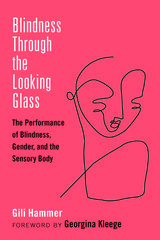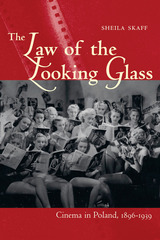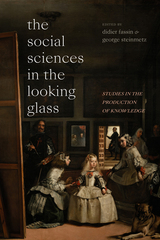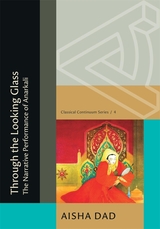

The Law of the Looking Glass: Cinema in Poland, 1896–1939 reveals the complex relationship between nationhood, national language, and national cinema in Europe before World War II. Author Sheila Skaff describes how the major issues facing the region before World War I, from the relatively slow pace of modernization to the desire for national sovereignty, shaped local practices in film production, exhibition, and criticism. She goes on to analyze local film production, practices of spectatorship in large cities and small towns, clashes over language choice in intertitles, and controversy surrounding the first synchronized sound experiments before World War I. Skaff depicts the creation of a national film industry in the newly independent country, the golden years of the silent cinema, the transition from silent to sound film—and debates in the press over this transition—as well as the first Polish and Yiddish “talkies.” She places particular importance on conflicts in majority-minority relations in the region and the types of collaboration that led to important films such as The Dybbuk and The Ghosts.
The Law of the Looking Glass: Cinema in Poland, 1896–1939 is the first comprehensive history of the country’s film industry before World War II. This history is characterized by alternating periods of multilingual, multiethnic production, on the one hand, and rejection of such inclusiveness, on the other. Through it all, however, runs a single unifying thread: an appreciation for visual imagery.

Contributors. Chitralekha, Jean-Louis Fabiani, Didier Fassin, Johan Heilbron, Miriam Kingsberg Kadia, Kristoffer Kropp, Nicolas Langlitz, John Lardas Modern, Álvaro Morcillo Laiz, Amín Pérez, Carel Smith, George Steinmetz, Peter D. Thomas, Bregje van Eekelen, Agata Zysiak

Anarkali, an Orientalized persona assigned to the harem of the Mughal Emperor Akbar, is also the lover of Akbar’s son, Salim, the future Mughal Emperor Jahangir. Her body and narrative occupy the liminal and contentious space between Akbar and Salim especially as construed under the male gaze of seventeenth-century European travelers. But while both Akbar and Salim are historically attested personalities, Anarkali is not. And yet, her narrative is pervasive in South Asia, appearing in everything from architecture to film. Up to this point studies of the enigma of Anarkali have centered on uncovering her historicity. But in the tragic performance of the poetics of the body, Anarkali embodies the ultimate conflation of the female body with narrative construction.
Informed by oral poetics, performance theory, and memory studies, Through the Looking Glass approaches Anarkali not as a historical enigma but rather as a qissa, an oral narrative. The so-called evidence of her historicity is the performance and reperformance of her qissa across different media: the Tomb of Anarkali in Lahore; early travel writings; Imtiaz Ali Taj’s seminal play Anarkali; and the Indian Cinema films Anarkali and Mughal-e-Azam. The poetics and performance of her body fundamentally signify the foreign and domestic anxieties at stake in the imperial personalities of Akbar and Salim.
READERS
Browse our collection.
PUBLISHERS
See BiblioVault's publisher services.
STUDENT SERVICES
Files for college accessibility offices.
UChicago Accessibility Resources
home | accessibility | search | about | contact us
BiblioVault ® 2001 - 2025
The University of Chicago Press









